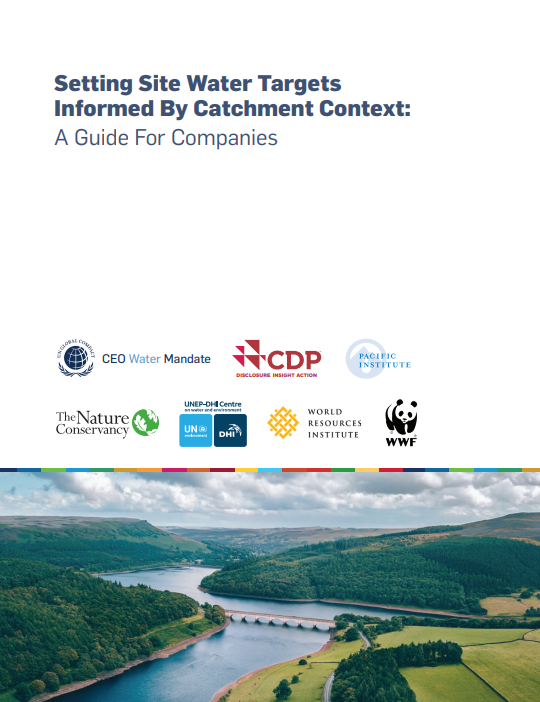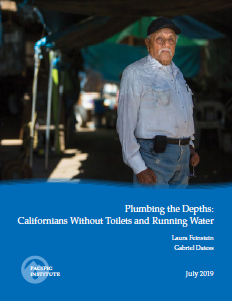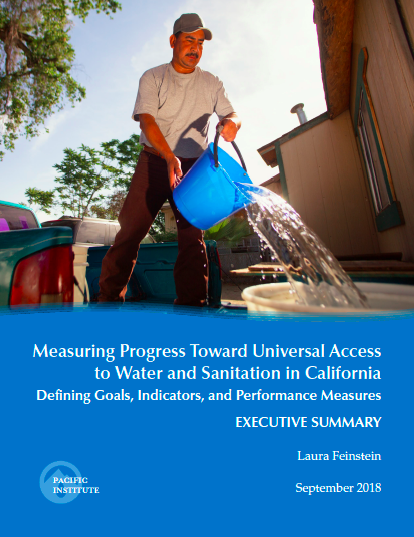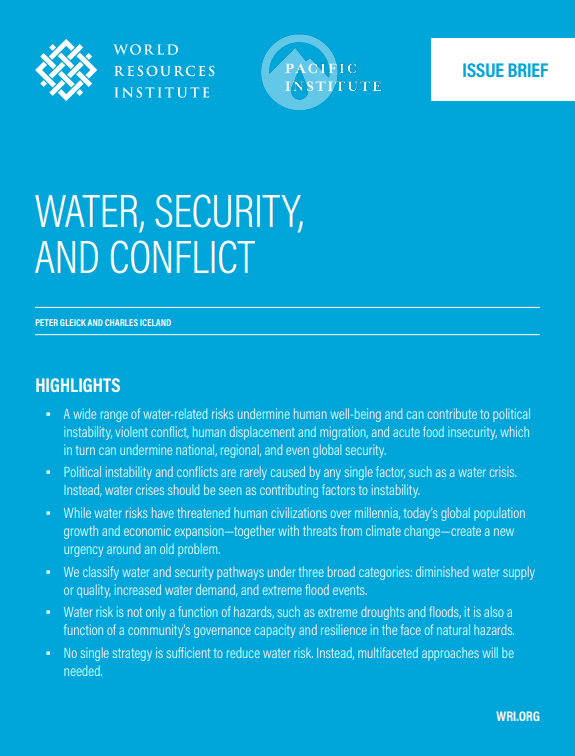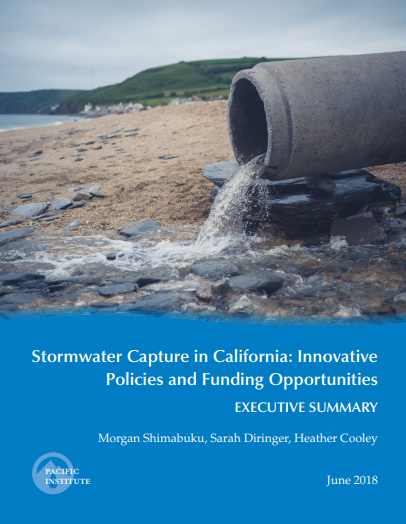1467 Resources

Aligning Two Worlds: Business and the Human Right to Water and Sanitation
August 21, 2013 | post
Available, Affordable, Accessible, Acceptable, and Safe – the cornerstones of the human right to water and sanitation were codified in California in 2012 with the adoption of Assembly Bill 685.

National Geographic ScienceBlogs: Peak Water in the American West
August 20, 2013 | post
It is no surprise, of course, that the western United States is dry. The entire history of the West can be told (and has been, in great books like Cadillac...

Why Water Managers Should Embrace Social Media
August 19, 2013 | post
Facebook, Twitter, LinkedIn, Instagram, Pinterest. I don’t need to explain what social media is because chances are you’re plugged into one, if not most, of these social media platforms.

Water Rates: Conservation and Revenue Stability – Issue Brief
August 14, 2013 | publication
Supplying water to customers is a business. As in any business, water sales revenues need to be accurately forecasted and balanced against current and long-term future water supply and treatment costs.
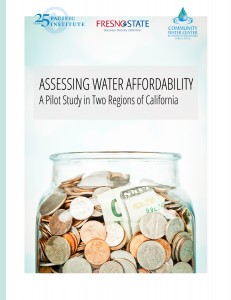
Assessing Water Affordability: A Pilot Study in Two Regions of California
August 14, 2013 | publication
A pilot study in California showed that many households, even within affluent communities, routinely spent over the affordability threshold of two percent of their household income on their water bill. The number of water systems with “unaffordable” rates varied by region and measure used, with important implications for policymakers.

Where Have We Reached on Our WASH Models Journey and What Impacts Have They Made?
August 13, 2013 | post



More Comprehensive and Coordinated Global Effort Needed to Meet Global Water Challenges
August 1, 2013 | post

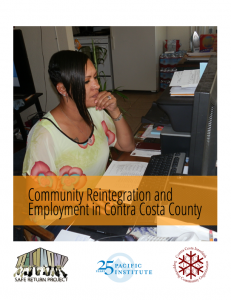
Community Reintegration and Employment in Contra Costa County
July 30, 2013 | publication
The Safe Return Project - a participatory action research process in Richmond, California involving formerly incarcerated residents in carrying out research and organizing to increase opportunities for community reintegration...

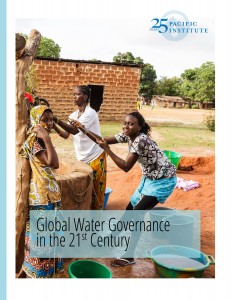
Global Water Governance in the 21st Century
July 24, 2013 | publication
Growing pressure on global water resources is having major impacts on our social, economic, and environmental well-being.




Economic Justice and the Green Economy
July 13, 2013 | post
Advancing sustainability entails developing economic strategies that preserve ecosystems, minimize and mitigate impacts on society, and address social disparities and injustice. Jobs and wealth are intimately entwined with the use of water, other natural resources, and local populations.





Water Rates: Communication and Education – Issue Brief
June 30, 2013 | publication
All water service providers must periodically correspond with their customers as well as state and local decision makers. In times of emergency messages can help customers understand what to expect next and when disrupted service might be restored. But regular communication in non-emergency periods is also necessary.



Page 45 of 59



